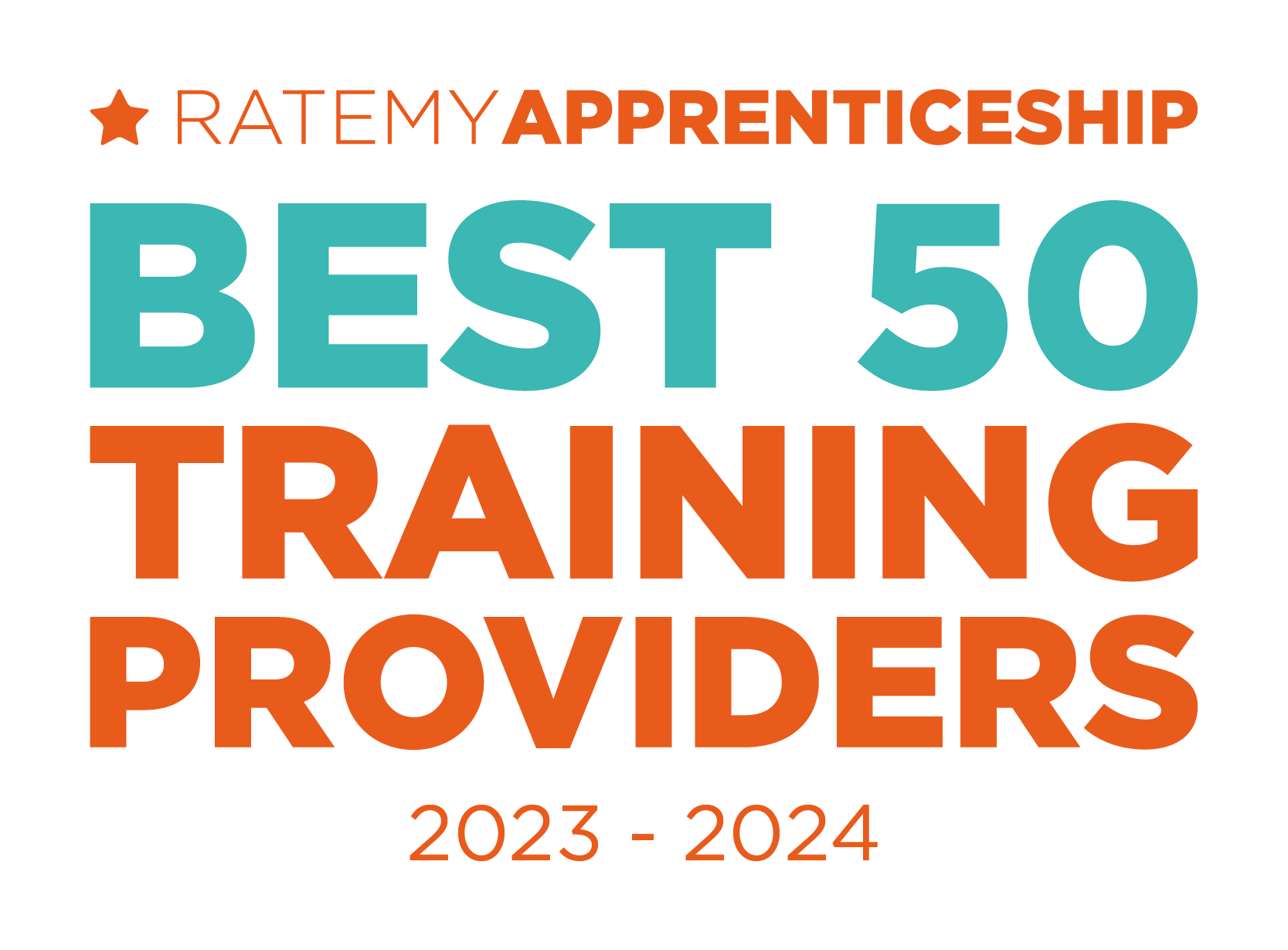Become an Apprentice
Follow our 5-step process for on-boarding to your apprenticeship.
Decide Your
Apprenticeship
Appris Screening
Interview
Employer
Interviews
Job
Offer
do you know what you want to do?
Deciding which apprenticeship is right for you can be a daunting task.
Often young people are influenced by their parents, friends, school teachers, but it is you that needs to make the right choice and understand the commitment required.
Register now to be considered for the next intake.
If you are unsure which apprenticeship you want to complete, register once and we will discuss your options at the next stage of the process.
ENGINEERING DESIGN AND DRAUGHTSPERSON Level 3
Engineering Design and Draughtspersons produce designs and drawings for structures, piping, electrical systems, control and instrumentation systems and mechanical components used in industrial and commercial construction.
For more information on this Apprenticeship Standard, click here.
TECHNICAL SUPPORT TECHNICIAN Level 3
Technical Support Technicians work as part of a team to provide technical support and expertise for all areas of the Engineering and Manufacturing function, including communications software, test analysis tools, measurement, off line programming, process control, performance and continuous improvement solutions.
For more information on this Apprenticeship Standard, click here.
TOOLMAKER AND TOOL AND DIE MAINTENANCE TECHNICIAN Level 3
Toolmakers and Tool & Die Maintenance Technicians are predominantly involved in the highly skilled, complex and specialist detailed work of manufacturing and maintaining the engineering tooling used to produce components, products and assemblies.
For more information on this Apprenticeship Standard, click here.
Machining technician Level 3
Machining Technicians produce complex and precision machined products that are typically used in machinery. For example, aeroplanes and vehicles. They can also produce bespoke components or products for domestic appliances or medical equipment. They use a variety of machines to carry out their work.
For more information on this Apprenticeship Standard, click here.
GENERAL WELDER Level 2
Welding is a way to make high strength joints between two or more parts. General Welders use high electrical energy to form an arc. Manual dexterity is essential in controlling the arc, which is used to melt metals, allowing them to fuse together to form a structurally sound weld.
For more information on this Apprenticeship Standard, click here.
METAL FABRICATOR Level 3
Work includes manufacturing bridges, oil rigs, ships, petrochemical installations, cranes, platforms, aircraft, automotive and machinery parts, sheet metal enclosures, equipment supports and anything that can be fabricated out of metal.
For more information on this Apprenticeship Standard, click here.
ENGINEERING FITTER Level 3
Fitters may typically have a mechanical, electrical, electronic, control systems, pipe fitting or instrumentation bias. To produce or re-furbish the components, fitters will interpret drawings/ specifications and plan their work, for example ensuring they have the right tools, equipment and resources to complete the task to the required specification.
For more information on this Apprenticeship Standard, click here.
METROLOGY Level 3
Metrology Technicians will understand core measurement principles and practices, and whose role is to interpret and apply these whilst carrying out measurement activities in whichever industry they work.
For more information on this Apprenticeship Standard, click here.
MAINTENANCE AND OPERATIONS ENGINEERING TECHNICIAN Level 3
Dependent upon the sector that they are employed in, maintenance technicians will prevent break down, diagnose and repair a variety of equipment back to serviceable condition. However, the fundamental principles of maintenance operations will be the same, regardless of the engineering sector.
For more information on this Apprenticeship Standard, click here.
MULTI-SKILLED MECHATRONICS MAINTENANCE TECHNICIAN LEVEL 3
Multi-skilled Mechatronics Maintenance Technicians ensure that plant and equipment perform to the required standard to facilitate production targets regarding safety, quality, delivery and cost within high value and/or high volume manufacturing environments.
For more information on this Apprenticeship Standard, click here.
SCIENCE INDUSTRY MAINTENANCE TECHNICIAN Level 3
As well as core engineering skills, Maintenance Technicians need to understand and follow working practices that are specific to the safety critical science industry. They may work in varied conditions including using specialist safety equipment, shift work and on sites running 365 day operations.
For more information on this Apprenticeship Standard, click here.
PROGRESS TO LEVEL fOUR
Completed a Level 3 Apprenticeship or achieved previous STEM qualifications in 6th form or college? Then a Level 4 Apprenticeship may be for you.
ENGINEERING MANUFACTURING TECHNICIAN Level 4
Engineering Manufacturing Technicians have broad based roles, ranging from developing and manufacturing products, liaising with clients, improving existing work practices through to data analysis and presentation to senior management. They will make decisions, solve problems and work in a technical capacity with other engineers.
For more information on this Apprenticeship Standard, click here.
LEAD ENGINEERING MAINTENANCE TECHNICIAN Level 4
Lead Maintenance Engineering Technicians typically perform a multi-disciplinary role, managing or leading other Technicians. They may specialise in areas such as mechanical, electronic, or electrical engineering.
For more information on this Apprenticeship Standard, click here.







